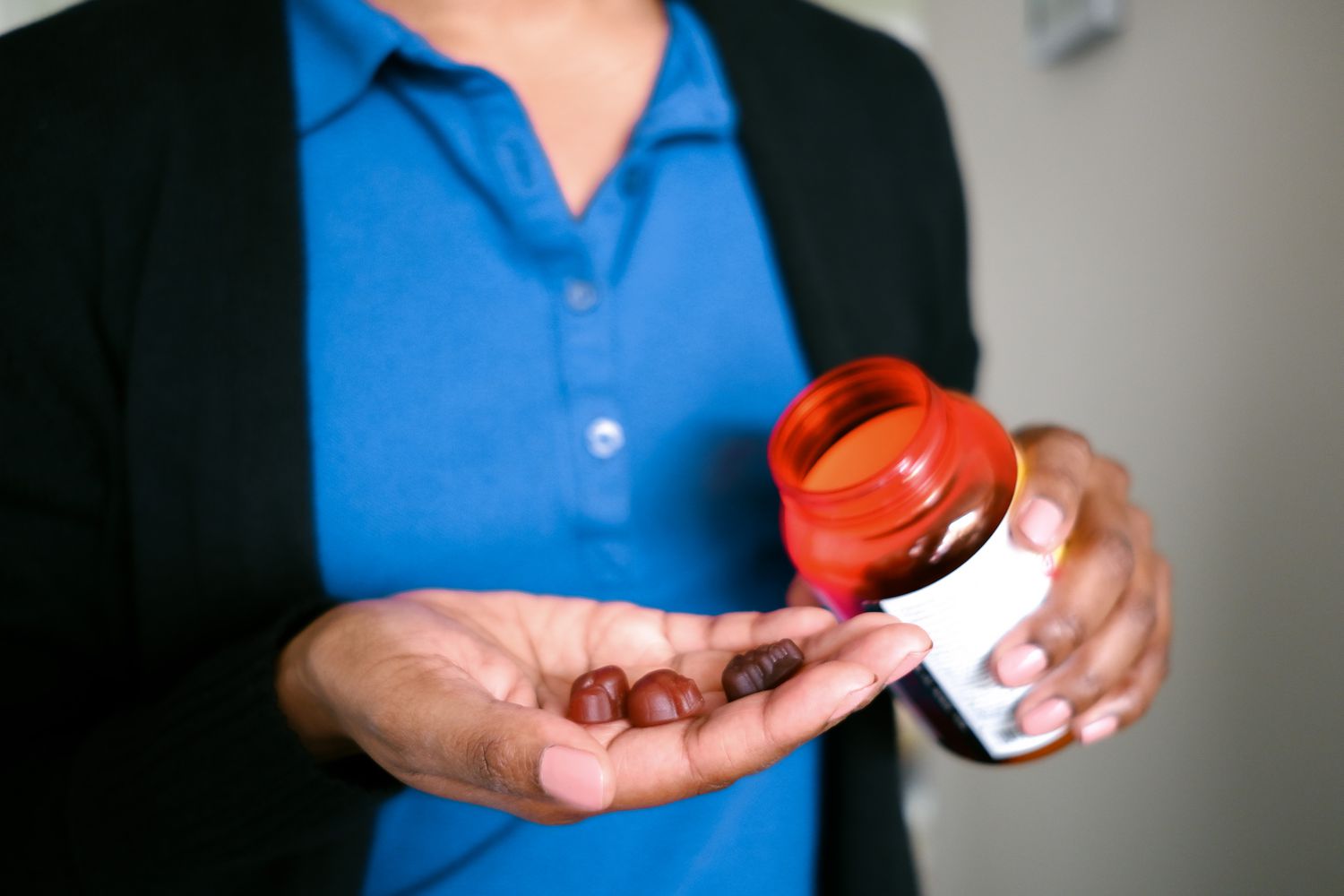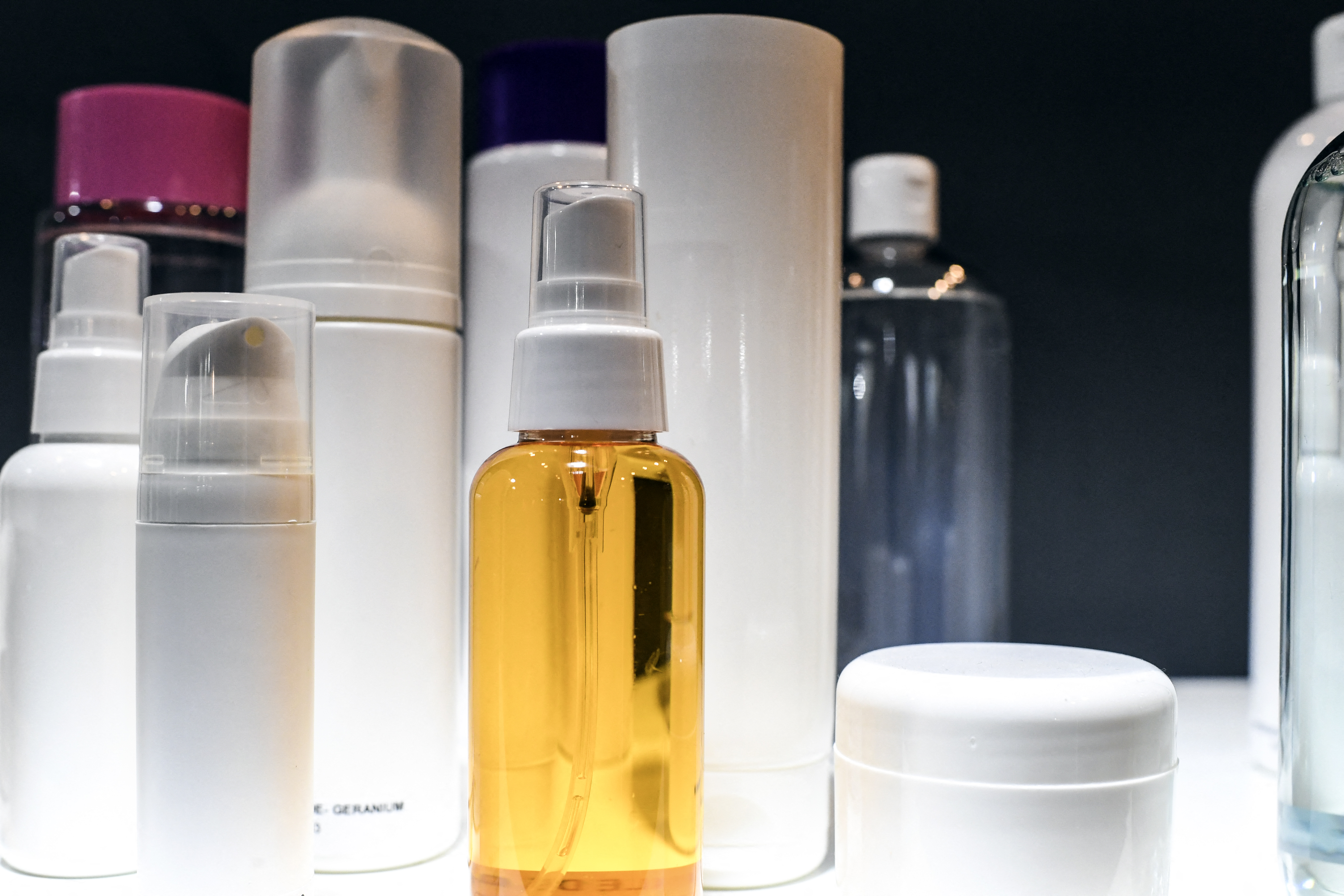Potential Overdose Alert: Melatonin Gummies Might Have Excessive Doses Compared to Label Claims

New research found that many melatonin gummies contain higher percentages of melatonin than advertised on the label.
While some parents turn to melatonin as a sleep aid for their children, they may want to proceed with caution. The study, published in the Journal of the American Medical Association, found that many labels’ percentage was deceptive.
Researchers at Cambridge Health Alliance and the University of Mississippi analyzed 25 supplements of melatonin. After their analysis, they determined that taking the hormone in gummy form could mean children are ingesting unpredictable quantities of melatonin. They discovered the following:
“These findings don’t surprise me,” Steven Feinsilver, MD, director of the Center for Sleep Medicine at Lenox Hill Hospital, told Health. “There is a history of this type of variable with melatonin products—often much less and much more than what is on the label, and that’s been disturbing.”
Dr. Feinsilver echoed the study’s sentiment that despite the lack of high-quality evidence to support giving healthy children melatonin, an uptick has occurred since the pandemic.
Calls for pediatric melatonin ingestions to US Poison Control Centers increased 530% from 2012 to 2021, and resulted in 27, 795 emergency department and clinic visits, 4,097 hospitalizations, 287 intensive care unit admissions, and 2 deaths.
“You certainly can take too much melatonin,' Dr. Feinsilver warned. 'Generally, it’s pretty benign, but occasionally has been bad and can be pretty sedating, especially at high doses.'
Because it naturally occurs in the body, Raj Bhui, MD, sleep specialist and spokesperson for the American Academy of Sleep Medicine (AASM), said there is a general misperception that melatonin supplements are always safe.
“If you have heard the idiom ‘too much of a good thing,’ melatonin is no exception and inappropriate use can have unwanted effects,” he told Health.
More research is needed to fully understand the effects of long-term exposure, though.
“This is particularly important in the developmental context, as animal models raise concerns about long-term use potentially affecting puberty and reproductive hormones,” explained Dr. Bhui.
Short-term effects can include headaches, nausea, dizziness, agitation, elevated blood pressure, and vivid dreams or nightmares. “Melatonin can also affect the effectiveness of other medications and supplements,” he added.
In the United States and Canada, melatonin is regulated as a dietary supplement, not a pharmaceutical, which means it is not regulated by the Food and Drug Administration (FDA).
“Unfortunately, this means there is little regulatory oversight and supplements are not held to the same high standards of quality assurance or clinical data supporting safety or effectiveness before they are marketable,” explained Dr. Bhui.
Lack of regulation also affects standardization for dosages, and people may have different responses to the same dose.
“I have seen people struggle with their sleep despite taking upwards of 40mg of melatonin every night on their own, while others find 0.3mg works well for helping regulate their circadian rhythm,” Dr. Bhui noted. “Add in the large discrepancies found between label claims and actual melatonin content and I think you get the picture of how challenging this can be.”
Dr. Feinsilver recommends melatonin to adult patients for two conditions only—jet lag and REM sleep disorder, a condition in which a person physically acts out their dreams while asleep.
When he suggests people take the supplement for REM sleep disorder, he typically recommends 5mg because based on studies for this condition, between 4mg and 12mg is safe and effective.
“Even then, I tell people to try to find a reputable brand and try to stay on that brand. I’m not sure 5mg from one brand is the same as 5mg from another brand. I’m hoping within a brand it might be standardized. Though there may not be consistency within brands either,” he theorized.
In the absence of strict regulatory control for supplements, knowing how much melatonin is in a product can be challenging. The U.S. Pharmacopeia (USP) is an independent organization with a voluntary “USP Verified Mark” program for supplements that meet their standards.
“While there are currently only three melatonin supplements on their list, consumers may feel more confident that the melatonin content in those specific products is consistent with the amount advertised,” suggested Dr. Bhui.
Because CBD is not federally legal, Dr. Feinsilver said it’s almost impossible to get a grant to study it. This means there is not enough research to understand what effect it might have on sleep.
“It’s not clear if CBD makes sleep better or worse,” he said.
Dr. Bhui noted that one of the core tenets of medical practice is to do no harm.
“Additional research supporting the effectiveness and safety of CBD in treating specific sleep disorders would be necessary before I could recommend it over proven treatment options,” he said.
Dr. Bhui recommended that parents should exercise caution before giving their child any supplement and should treat supplements like medication.
“This includes performing due diligence and discussing it with their child’s clinician before starting treatment so that underlying issues and appropriate treatment options can be explored,” he said.
Both Dr. Bhui and Dr. Feinsilver believe that most sleep issues encountered in children are managed most effectively with behavioral treatments.
Difficulty falling and staying asleep could be caused by a variety of factors, including room temperature, screen use, stress and anxiety, and recurring airway obstructions overnight.
“The first step in effectively solving a problem is identifying it. Many routine sleep issues may be managed without a pill,” suggested Dr. Bhui.
Dr. Feinsilver recommended the following strategies to help children get a good night’s sleep:
“At first, when they follow this, they’ll have a few miserable days, but if they maintain this over time, they’ll eventually sleep well.'
If behavioral changes are not helping and your child’s pediatric sleep clinician determines that melatonin is the best treatment after weighing potential risks and benefits, Dr. Bhui recommended making sure you store melatonin in a safe place to prevent accidental ingestion by kids. He also noted to ask your doctor to recommend a product.
“Since chewable and gummy formulations of melatonin appear to suffer from the greatest variation in actual melatonin content, I would lean away from them.”




